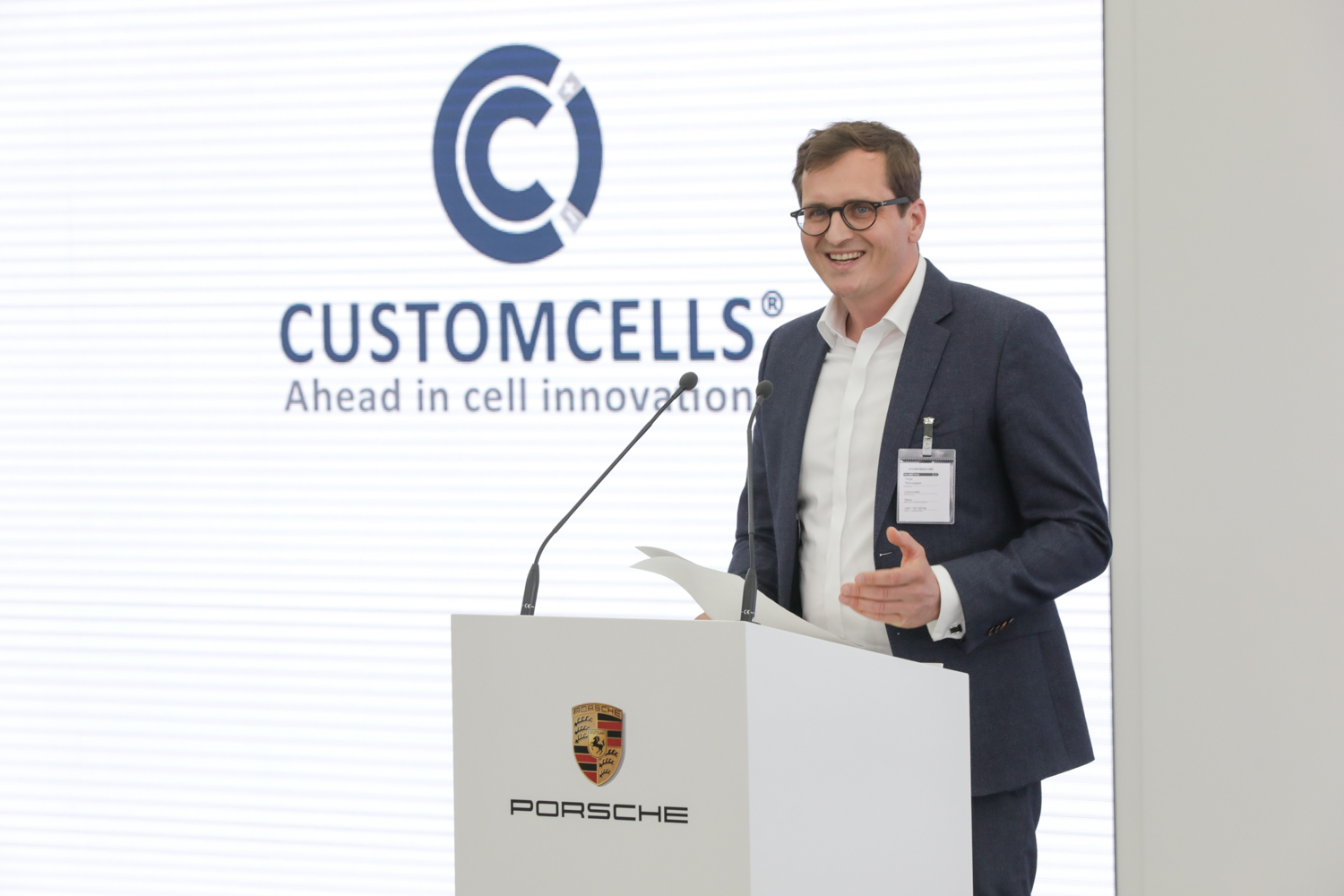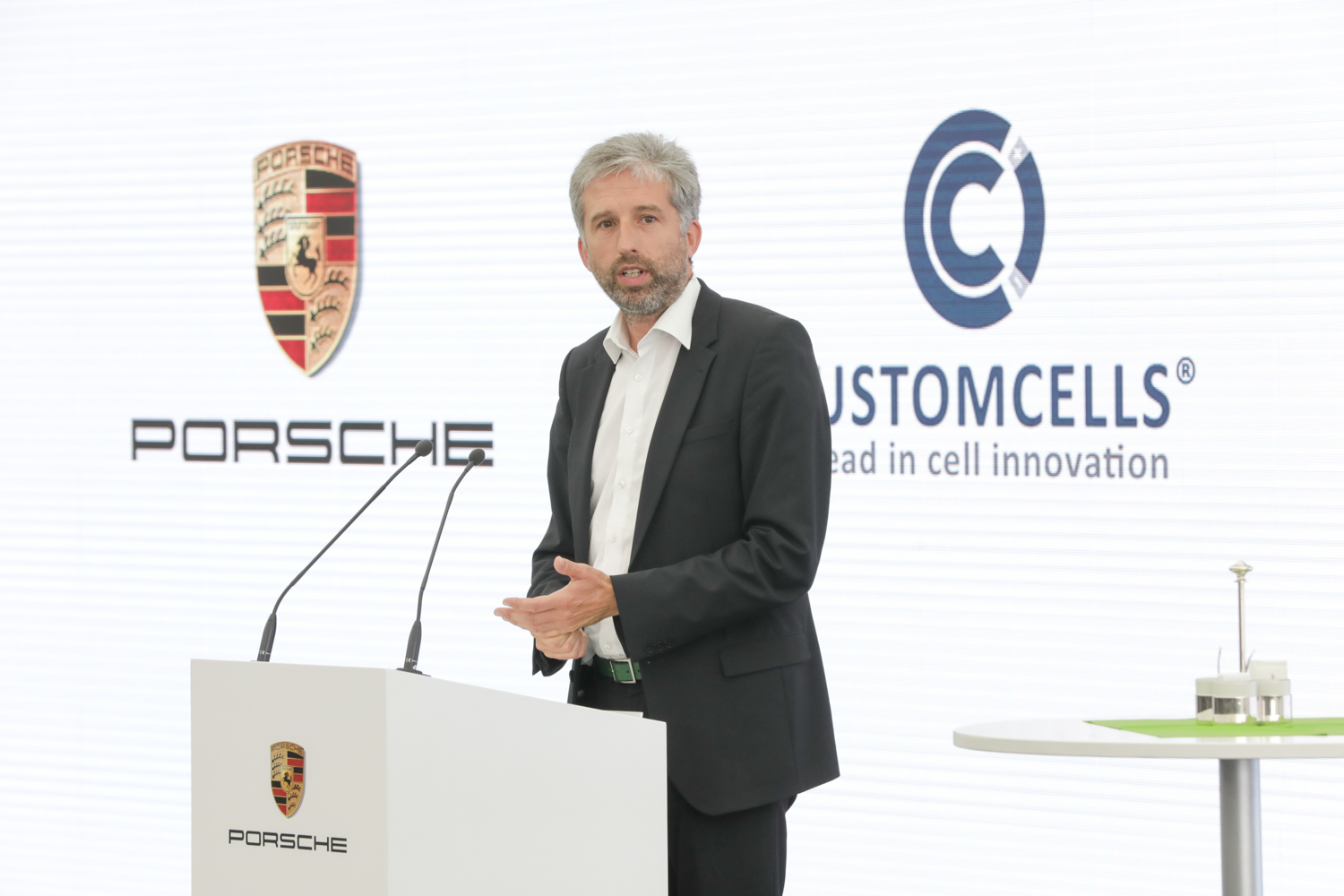Porsche is investing heavily in new tech for its EV batteries, and a major new factory in which to build them. The German sports car maker says that its new battery designs, developed in collaboration with battery specialist Customcells, use silicon for the battery anode (most current battery designs rely on graphite). Porsche is investing what it calls ' a high-double-digit sum' in a new joint venture with Customcells, called Cellforce.
Smaller and lighter batteries
The change of material means that the battery will have better energy density - it can hold more charge for a given kWh capacity and weight - which means that Porsche can develop either smaller, lighter batteries with ranges similar to that of current models, or batteries the same size as those of current cars with much longer ranges. The new cell design also allows the battery to charge much more quickly.
"The battery cell is the combustion chamber of the future. As a new Porsche subsidiary, the Cellforce Group will be instrumental in driving forward the research, development, production and sales of high-performance battery cells," says Oliver Blume, chairman of Porsche. "This joint venture allows us to position ourselves at the forefront of global competition in developing the most powerful battery cell and make it the link between the unmistakable Porsche driving experience and sustainability. This is how we shape the future of the sports car."
Porsche will also be working with renowned chemical company BASF, and management consultancy the P3 Group on the new battery venture.
Tech developed in-house at Porsche
"Porsche was founded as an engineering and development office in Stuttgart in 1931. To this day, you cannot purchase the technology that is at the heart of our high-performance sports cars. We develop it ourselves," says Michael Steiner, Porsche's head of R&D. "That is why it is only logical for us to develop and build the key technology of the future - the battery cell - ourselves. It is just as logical that we first test this new high tech in the most competitive of environments - motorsport. Our electric sports car Taycan also received key developments and its leading technical features from the race track, from the Le Mans-winning Porsche 919 Hybrid."
That mention of motorsport could indicate that Porsche will use the technology in its upcoming Le Mans and IMSA sportscar LMDh racer, which it will co-develop with Audi. Or, just possibly, it might still be looking at a much-rumoured link-up with the Red Bull Formula One team and will use the batteries in Red Bull's hybrid F1 engine.
100 megawatt-hour annual capacity
Whatever the racing outcome, the new factory, which will be established in the city of Tübingen (just south of Porsche's own home town of Stuttgart) will have a minimum annual capacity of 100mWh production at first, enough for around 1,000 vehicles. We'd expect that capacity to rise significantly in the coming years.





